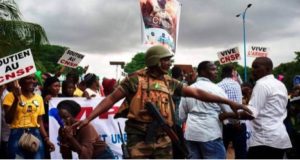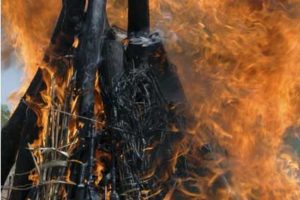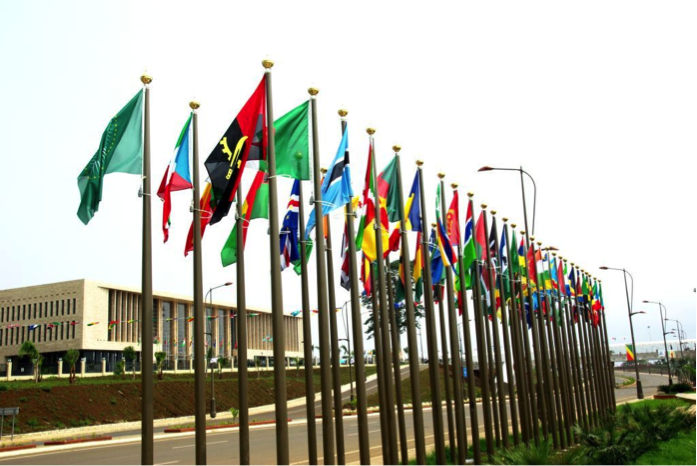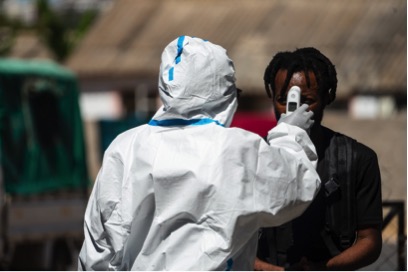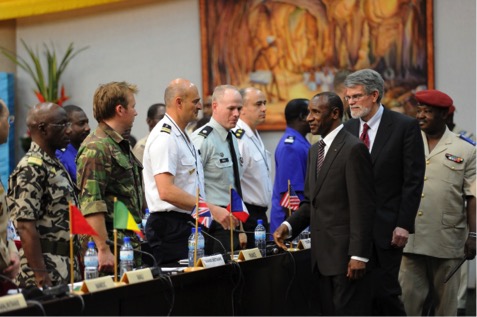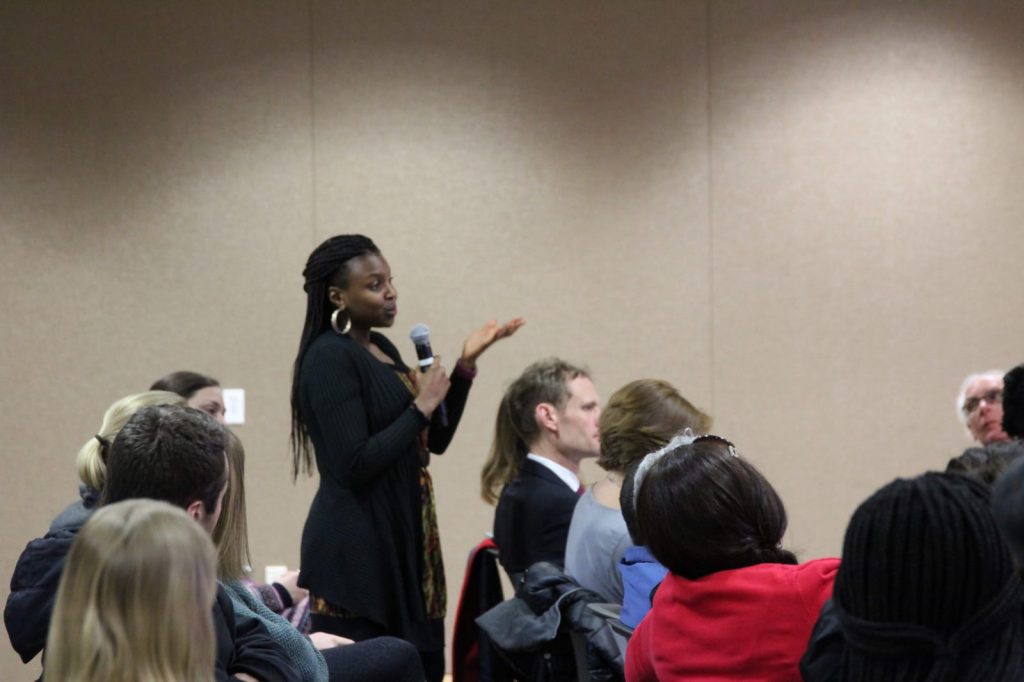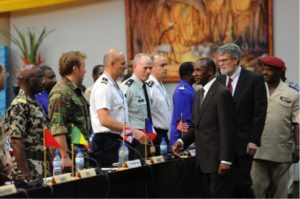
Restarting Growth in Countries with Ongoing Conflicts After Covid-19
The coronavirus pandemic (COVID-19) has caused disruptions across the globe on a scale not previously imagined. The pandemic unquestionably presents an era-defining challenge to public health and the global economy. Notably, it has exacerbated existing crises in conflict-afflicted countries. In light of this, UN Secretary General Guterres called for a ceasefire to allow countries to address the pandemic as it was impossible to embark on two battles simultaneously. This paper contends that the same will be true for the post-COVID-19 recovery, as the presence or threat of conflict will render any attempts at economic growth extremely difficult.[i] Furthermore, it recommends that the fight against COVID-19 should coincide with the fight against various socio-political crises and armed conflicts in order to lighten the challenge of rebuilding the economy and dealing with the conflicts after the pandemic.

